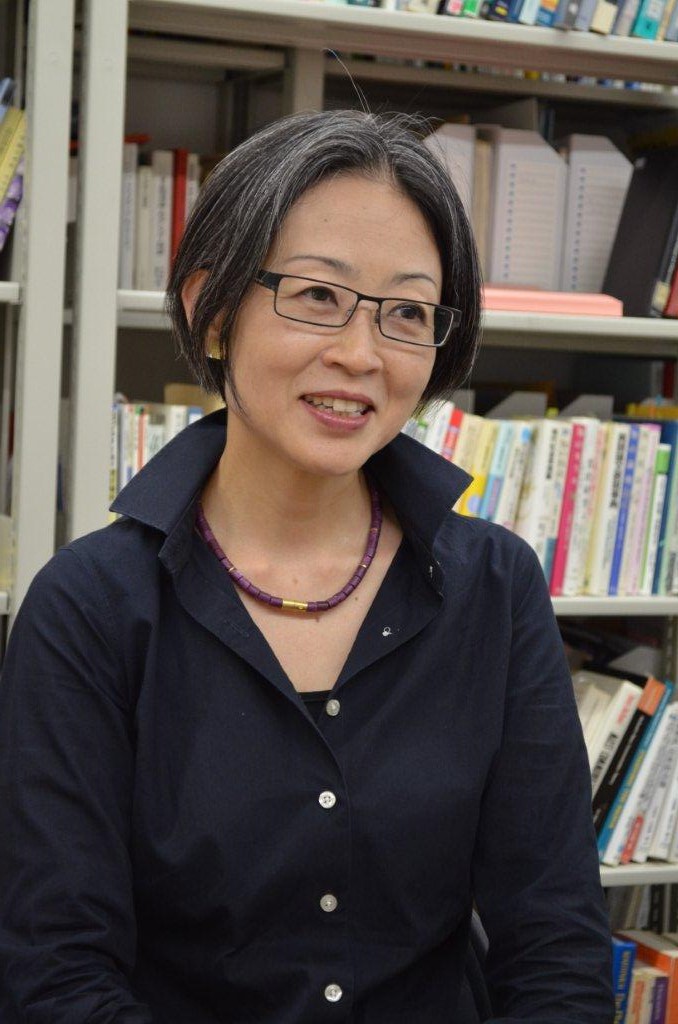Bio
Kaori Hayashi is Professor of Media and Journalism Studies at the Graduate School of Interdisciplinary Information Studies, the University of Tokyo. She previously worked as an economic correspondent at Reuters Japan from 1988 to 1991. She was a post-doctoral researcher in the Sociology Department at the University of Bamberg, Germany on a scholarship from the Alexander-von Humboldt Research Foundation in the period between 2003 and 2004. Besides conducting research and education at the University of Tokyo, Kaori Hayashi also holds numerous academic as well as professional offices such as membership of the Broadcasting Ethics and Program Improvement Organization (an independent self-regulatory organization of the national broadcasting industry), membership of the External Ethics Committee at the Asahi Shimbun for the period of September to December 2014. She is also a board member of the Deutsches Institut für Japanstudien (German Institute for Japanese Studies), a member of the advisory board of Yahoo Japan, and the Managing Director of the University of Tokyo Student Newspaper.

